The current number of people infected with the new coronavirus is 54374 (up 1572 from the previous day), and the number of new infections continues to increase to 4605. The number of new infections continues to increase to 4605 (as of April 25, 2021, 23:55).
Today, April 26, is the first Monday of the week, but in Tokyo, Osaka, Kyoto, and Hyogo, where the state of emergency has been declared for the third time, the commuting scene is reported to be the same as usual.
According to a survey conducted by NTT DoCoMo, the number of people at 3:00 p.m. in 63 out of 95 major stations and downtown areas across the country decreased by more than 60% compared to the previous week’s 18 days, and the number of people in the four prefectures of Tokyo, Kyoto, Osaka and Hyogo decreased in all 20 areas compared to the previous week. In the four prefectures of Tokyo, Kyoto, Osaka and Hyogo, a total of 20 points were lower than the previous week. Among the four prefectures, the number of visitors to Ginza in Tokyo decreased by 30.8% from the average for holidays before the spread of the infection (January 18 to February 14 last year), a sharp 29.7-point drop from the previous week’s 1.1% decrease on February 18. Shibuya Center Gai also dropped 22.3 points. Osaka’s Umeda reportedly had the largest decrease, down 35.1 points.
Meanwhile, Tokyo residents have moved on to neighboring Kanagawa, and photos of Tokyo’s Ameyoko shopping district in Ueno and Sensoji Temple in Asakusa, both crowded with people, can be seen online.
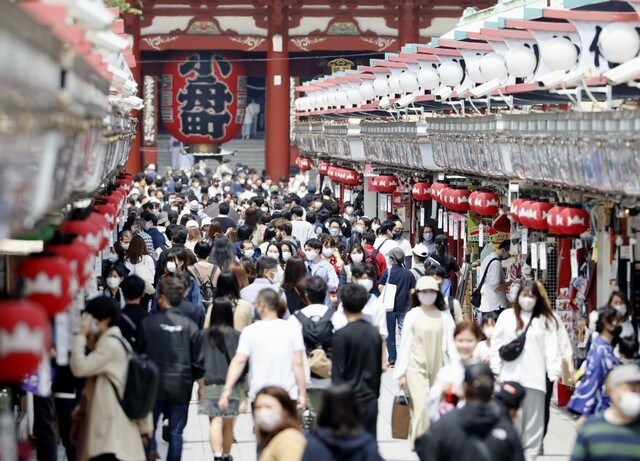
It is clear from the numbers that the number of infected people is growing. Declaring a state of emergency is not just a matter of turning off the lights in the city at night. Stores that serve alcohol have been asked to close, and those that do not serve alcohol have been asked to shorten their hours of operation to 8pm. The government has stated that it will support the request for closures with up to 100,000 yen per day for small businesses and 200,000 yen for large businesses.
100,000 yen was given to each citizen for declaring a state of emergency last year, but no mention has been made of re-benefits.
As for vaccines, the government says it will distribute 7 million doses by the end of the Golden Week and about 10 million doses every week thereafter throughout the country, so that a total of 1 million doses can be distributed by June.
This may mean that most of the Japanese people will be vaccinated by the time of the Olympics, but it does not necessarily mean that the number of people infected with this covid-19 will decrease by the time of the Olympics. The Olympics are scheduled to be held from July 23 to August 8. Of the 4.45 million tickets sold for the games, 810,000, or 18% of the tickets sold, have been refunded. Will we be able to actually watch the games under the current circumstances? I suspect that the Japanese will switch to watching the games on TV. Naturally, it will be impossible to watch the games from outside Japan.
Considering the amount of money spent on the Olympics, it can be said that Japan will not be thrilled by the Olympic economy, but rather the Olympics will make the economy even worse.
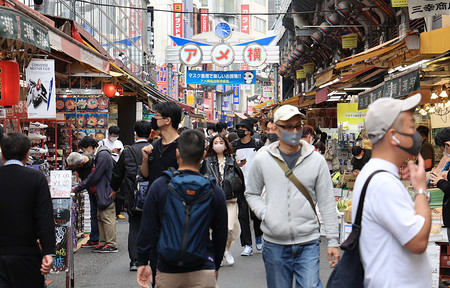


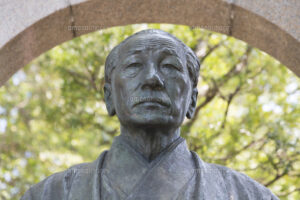


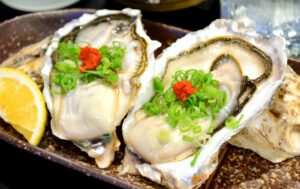


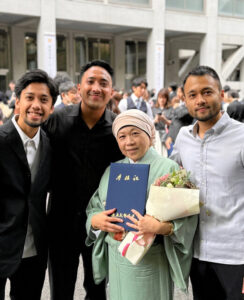
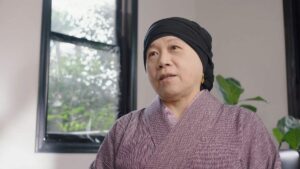
コメント